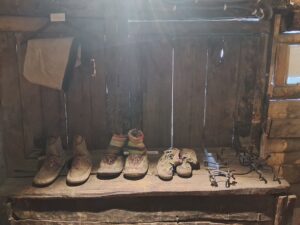
The Department of Social Work had organised a three-day Exposure Trip cum Rural Camp to the Nubra Valley of Ladakh for the students of 3rd and 5th semester. The camp was held from 18th September to 20th September 2024. The purpose of the visit was to provide practical exposure and basic understanding of field reality to the students with regard to working with communities in rural area. The faculty in charge who also co-ordinated the trip were Dr. Yangchan Dolma, Head of the Department, and Dr. Tanushree Malakar, Assistant Professor.
The primary objectives of the rural expedition cum rural camp were to facilitate students learning about the implementation of Social Welfare Schemes like Integrated Child Development Scheme, Ayushman Bharat Schemes, the functioning of Community based Organisations like Mothers Association (Ama Tsokspa), youth association (jZunu Tsokspa) etc. and so on in rural areas and to aid the students in gaining practical knowledge about the functioning of local government such as the Panchayati Raj Institutions and comprehend the role of group working in a community. Another main objective of the camp was to make them understand the functioning of rural community by using the Stratification, Power, Governance and Gender (SPGG) Framework. The camp covered two mohalas of Turtuk village located within the Nubra Valley of Ladakh. The social work trainees were divided into four groups where two groups were facilitated by Dr. Yangchan Dolma and two groups were facilitated by Dr. Tanushree Malakar.
The social work trainees were made to do a transect walk, social mapping, resource mapping, mobility mapping, gender timeline mapping and trend analysis through the two mohalas of the village. An interactive session was arranged between the Panch and members of the panchayat of Turtuk (Farol Mohala) village and the trainees. A visit to the museum displaying the ancient artefacts and cultural objects of Balti community was also conducted.
Based on their experiences and interaction with the panchayati members, CBO members Anganwadi workers, the trainees were asked to make group presentations towards the end of the trip. The trainees also got the opportunity to have an interaction with the students and workers of ICDS at Lamdon Model School at Diskit village. They also got a chance to connect better with each other in a cultural night which the students have organised during the camp night. For better coordination and functioning the students were divided into committees like food committee, cultural committee, discipline committee, accommodation and logistics committee wherein each student was given respective roles and responsibilities.
The rural camp provided a wonderful platform for the students of Department of Social Work to experience group living in and with a community. It created the opportunity for the students to develop a sense of teamwork and responsibility. The trainees developed skills of conducting interviews, social surveys and providing an analysis based on their practical exposure. Besides, they also gained skills in management, planning and organisation. The trainees also attained better understanding of the functioning of local government, their roles and responsibilities, process of implementation of government schemes and projects and their importance in the development of the community.
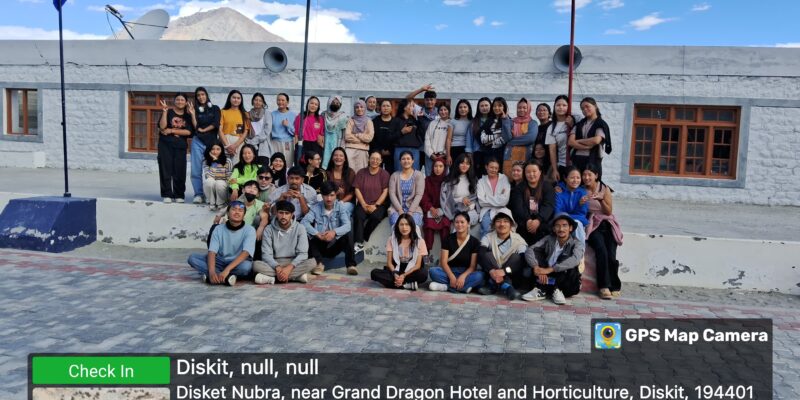
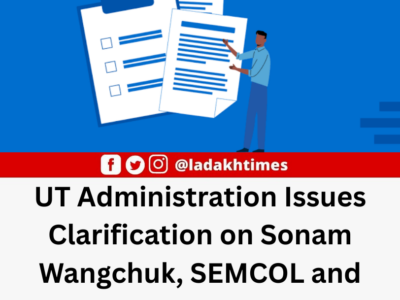

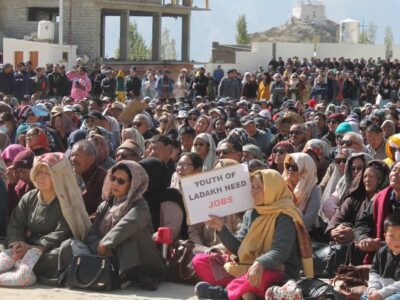
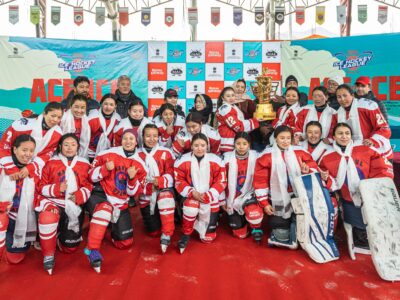
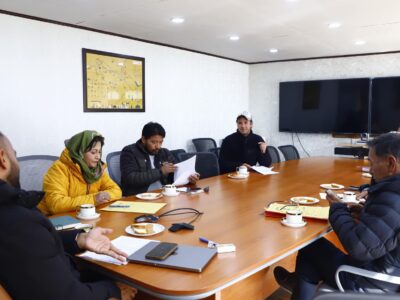
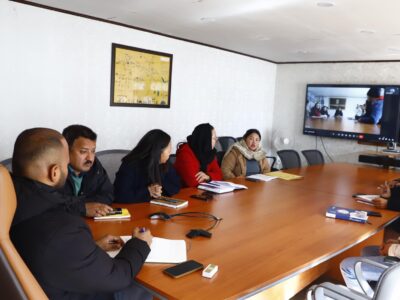
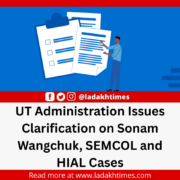

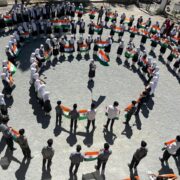
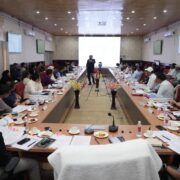
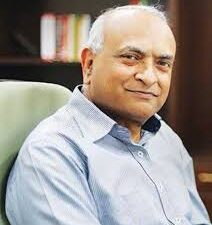
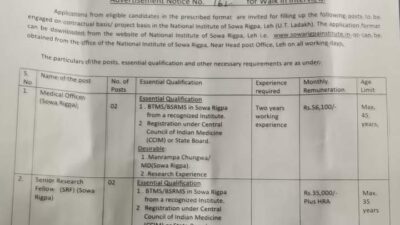

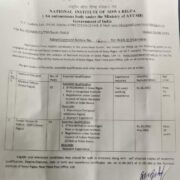
Comments